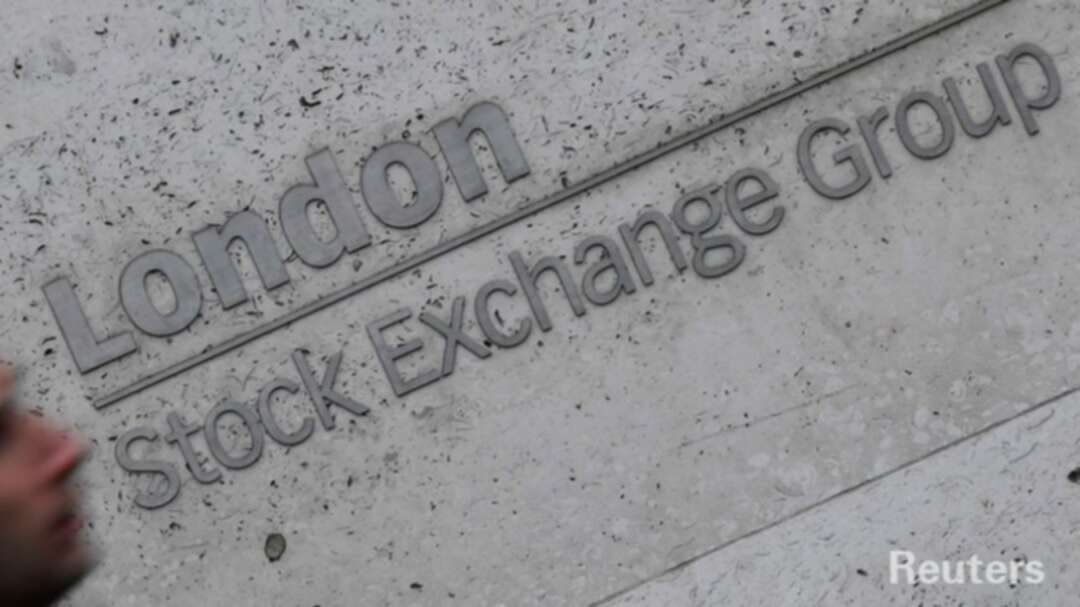-
While Trainline slumped to the bottom, Industrials helped FTSE 100 bounce back

By Shivani Kumaresan, Devik Jain
Gains in industrial stocks helped London’s FTSE 100 bounce back on Thursday from its worst daily performance in a week, while shares of Trainline slumped to the bottom of the mid-cap index as the U.K. reorganised its railway system.
The blue-chip index rose 1%, with Experian jumping 4.7% to the top of the index, a day after its upbeat quarterly revenue forecast.
The wider industrial index added 2.4%.
Banks and healthcare stocks, including HSBC Holdings, Prudential Plc, AstraZeneca Plc and Smith & Nephew, were also among the biggest boosts on the index.
The domestically focussed mid-cap FTSE 250 advanced 0.7%. Publisher Future surged 9.6% to the top of index after Deutsche Bank raised its price target on the stock.
Globally, stock markets saw a tentative rebound and bitcoin bounced more than 12% after one of its spectacular smashes, though tapering talk from the U.S. Federal Reserve kept bond markets under pressure.
“While the markets don’t want central banks to start raising interest rates too soon, they’re also clearly worried about rising prices running away and creating a situation where policymakers have no choice but to act”, said Russ Mould, investment director at AJ Bell.
The COVID-19 situation is very different in emerging markets and this could be a threat to the commodity-focused firms on the FTSE, given a lot of demand comes from developing countries.”
The FTSE 100 has gained 8.3% year-to-date on optimism about economic recovery. But the index has been trading in a tight range recently as higher inflation has ignited fears that central banks might pare back their support sooner.
Among other stocks, Trainline tumbled 23.2% to eye its worst day on record. Britain said it will create a new public railway operator called Great British Railways which will own and maintain rail infrastructure, collect and set fares and contract private companies to run the trains.
Source: Reuters
You May Also Like
Popular Posts
Caricature
BENEFIT Sponsors BuildHer...
- April 23, 2025
BENEFIT, the Kingdom’s innovator and leading company in Fintech and electronic financial transactions service, has sponsored the BuildHer CityHack 2025 Hackathon, a two-day event spearheaded by the College of Engineering and Technology at the Royal University for Women (RUW).
Aimed at secondary school students, the event brought together a distinguished group of academic professionals and technology experts to mentor and inspire young participants.
More than 100 high school students from across the Kingdom of Bahrain took part in the hackathon, which featured an intensive programme of training workshops and hands-on sessions. These activities were tailored to enhance participants’ critical thinking, collaborative problem-solving, and team-building capabilities, while also encouraging the development of practical and sustainable solutions to contemporary challenges using modern technological tools.
BENEFIT’s Chief Executive Mr. Abdulwahed AlJanahi, commented: “Our support for this educational hackathon reflects our long-term strategic vision to nurture the talents of emerging national youth and empower the next generation of accomplished female leaders in technology. By fostering creativity and innovation, we aim to contribute meaningfully to Bahrain’s comprehensive development goals and align with the aspirations outlined in the Kingdom’s Vision 2030—an ambition in which BENEFIT plays a central role.”
Professor Riyadh Yousif Hamzah, President of the Royal University for Women, commented: “This initiative reflects our commitment to advancing women in STEM fields. We're cultivating a generation of creative, solution-driven female leaders who will drive national development. Our partnership with BENEFIT exemplifies the powerful synergy between academia and private sector in supporting educational innovation.”
Hanan Abdulla Hasan, Senior Manager, PR & Communication at BENEFIT, said: “We are honoured to collaborate with RUW in supporting this remarkable technology-focused event. It highlights our commitment to social responsibility, and our ongoing efforts to enhance the digital and innovation capabilities of young Bahraini women and foster their ability to harness technological tools in the service of a smarter, more sustainable future.”
For his part, Dr. Humam ElAgha, Acting Dean of the College of Engineering and Technology at the University, said: “BuildHer CityHack 2025 embodies our hands-on approach to education. By tackling real-world problems through creative thinking and sustainable solutions, we're preparing women to thrive in the knowledge economy – a cornerstone of the University's vision.”
opinion
Report
ads
Newsletter
Subscribe to our mailing list to get the new updates!






















